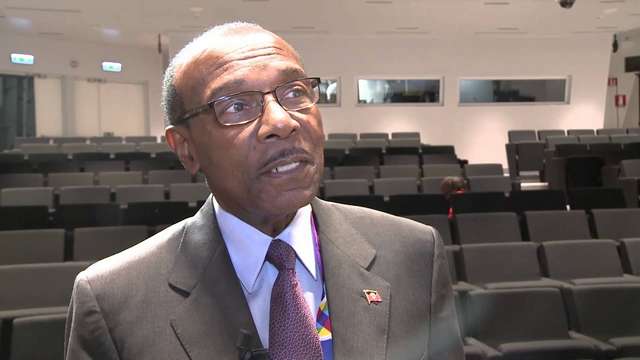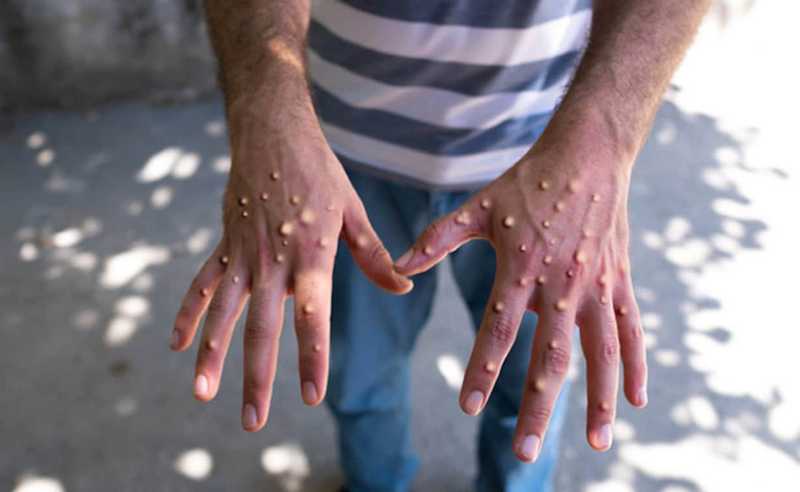
Guyana has recorded its second case of Monkeypox case after recording its first case on August 22nd
According to Health Minister Dr. Frank Anthony health officials in Georgetown, the individual is in a stable condition and has been placed at the Infectious Diseases Hospital at Liliendaal.
The health minister did say however that he is concerned about the possibility of local transmission of the highly contagious disease.
Monkeypox is an illness caused by the monkeypox virus. It is a viral zoonotic infection, meaning that it can spread from animals to humans. It can also spread from person to person.
Monkeypox can cause a range of signs and symptoms. While some people have mild symptoms, others may develop more serious symptoms and need care in a health facility. Those at higher risk for severe disease or complications include people who are pregnant, children and persons that are immunocompromised.
The most common symptoms of monkeypox include fever, headache, muscle aches, back pain, low energy, and swollen lymph nodes. This is followed or accompanied by the development of a rash which can last for two to three weeks. The rash can be found on the face, palms of the hands, soles of the feet, eyes, mouth, throat, groin, and genital and/or anal regions of the body.
The number of lesions can range from one to several thousand. Lesions begin flat, then fill with liquid before they crust over, dry up and fall off, with a fresh layer of skin forming underneath.
Symptoms typically last two to three weeks and usually go away on their own or with supportive care, such as medication for pain or fever. People remain infectious until all of the lesions have crusted over, the scabs fallen off and a new layer of skin has formed underneath.
The Director-General of WHO Dr Tedros Adhanom Ghebreyesus declared on 23 July 2022 that the multi-country outbreak of monkeypox is a public health emergency of international concern (PHEIC).
Since the outbreak began to expand in early May 2022, WHO has taken this extraordinary situation very seriously, rapidly issuing public health and clinical guidance, engaging with communities actively and convening hundreds of scientists and researchers to speed up research and development on monkeypox and the potential for new diagnostics, vaccines and treatments to be developed.





0 Comments